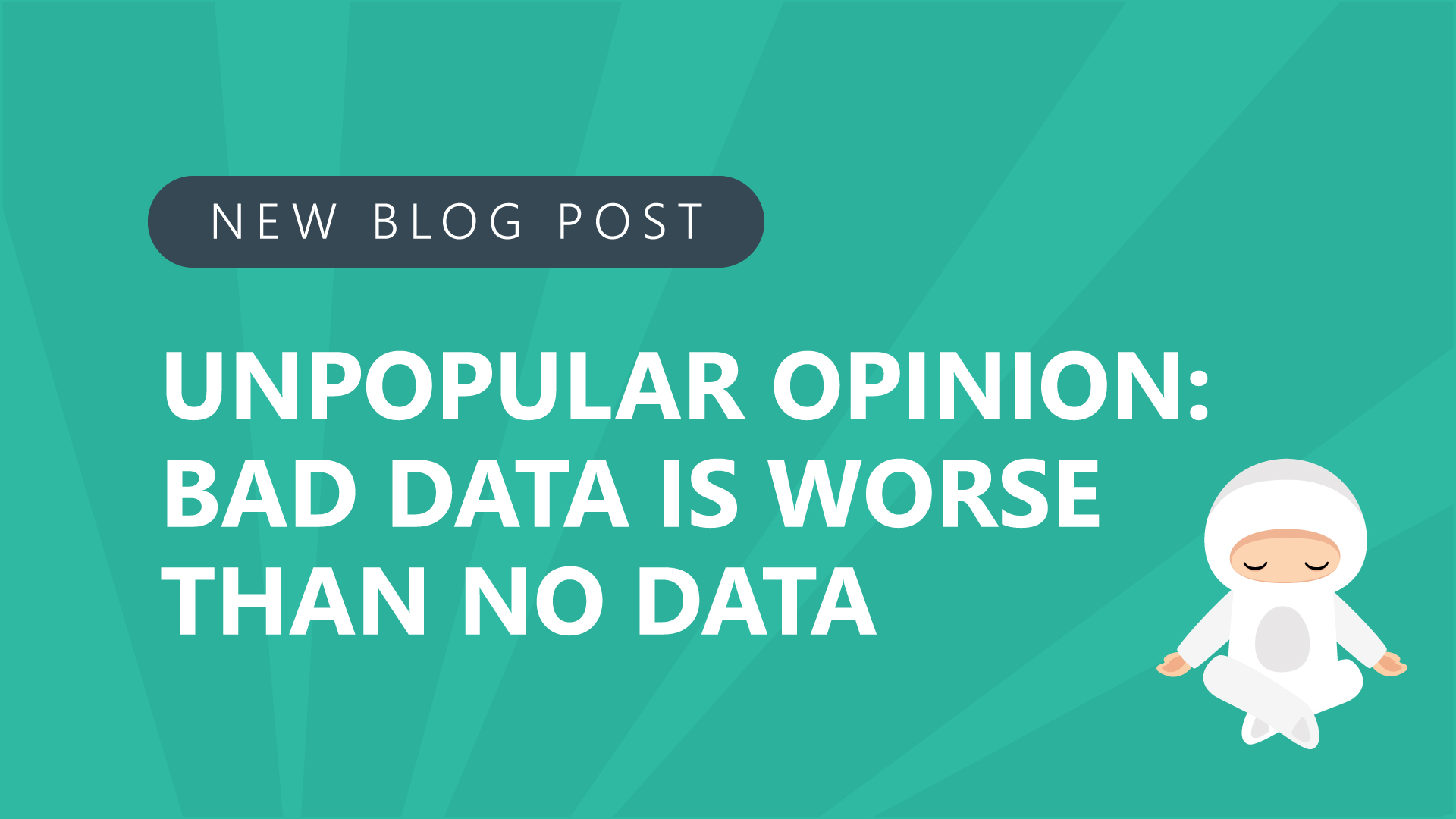Susan Walsh firmly believes that you have to know how much you’re spending, what it’s being spent on, and the competitors you’re spending it with. But how many companies know what they’re spending their money on?
Most of the clients that approach Susan don’t have classified data. Of those that do, it’s worse than not having data all. Why? Because dirty data is immensely misleading. Susan emphasizes that “You can make worse decisions with wrong data than you can with no data.”
She can even tell where a company has run an automation program, and things are classified incorrectly. She can easily see if it’s been done by a person or a machine.
Bad data = bad decision-making
When decisions are made on misclassified data, the quality of the decision goes down. And Susan points out that it’s not always overtly obvious mistakes. Perhaps you’ve misclassified something as professional services/consulting, but it’s actually IT services. It looks close enough that you wouldn’t bat an eyelid at it.
The quality of data leads to the quality of your decisions. What if poor decision-making wasn’t a poor decision in itself, but it was poor because the information it was based on was faulty? It makes you question a lot of past “poor” decisions. You can’t blame the people because they made the right decision based on the information they had.
How to convince people classifying data is worthwhile
Susan is lucky that people know to come to her with problems. She doesn’t have to outbound sell. They’re already at the point of crisis where they need help. There are so many intangible benefits. She’s been doing this for ten years across all industries. Whereas someone in one organization has a very narrow view, she’s seen data in all businesses. Some things are the same, and others should be in taxonomies you may not even think about. Charitable donations, licensing fees, and taxes are often forgotten and placed in a random bucket (i.e., miscellaneous or tail spend).
Is it truly tail spend?
If you don’t normalize your suppliers, you may have spend that you think is tail spend but is actually strategic spend. Many companies focus on the top 95% value of their data. The last 5% could be hundreds of thousands of rows not worth their time. But Susan classifies 100% of it. There will be no “other” or “miscellaneous” categories when she’s in charge of the data. She properly classifies everything.
Why? She shares a hypothetical: You’re taking a cut at the end of a financial year, and something is sitting in tail spend that is around $10,000. The next year that same supplier might do $500,000 worth of business with you. But you may not look at it until the next quarter, and you’ll miss all that information. Even worse, you may be unaware of it and look for another supplier for the service you’re already paying for. There’s a lot of reasons tail spend should still be classified.
Budgets have become tighter, and companies are looking for every opportunity they can to find money. Unless you go through the classification process, you won’t find that money properly. It will take time, but it will be really valuable.
Is a spend analytics platform the same thing?
People believe purchasing a spend analytics platform will solve the issue of misclassified data. But Susan questions how the platform is going to know that a random name is a consultant when it’s not associated with a company or on a master list? Guessing? She emphasizes that the first round needs to be done with a team so that when you do the refreshes, the platform can learn from the right data. If you look at the top 80% of spend, it will look spot-on. But if you look into that bottom 20%, you’ll start to see things that don’t add up.
To learn more about why classifying data correctly is so immensely important, listen to episode #221 of the Negotiations Ninja podcast. Susan shares what procurement needs to know, how data impacts negotiations, and what you can do about it. Don’t miss it!
Have a question about a negotiation? Text me at 587-315-5948 for negotiation advice!

